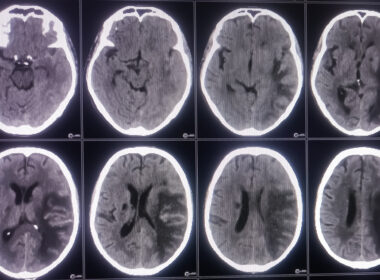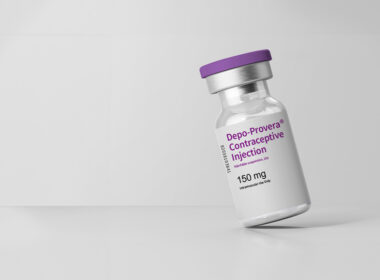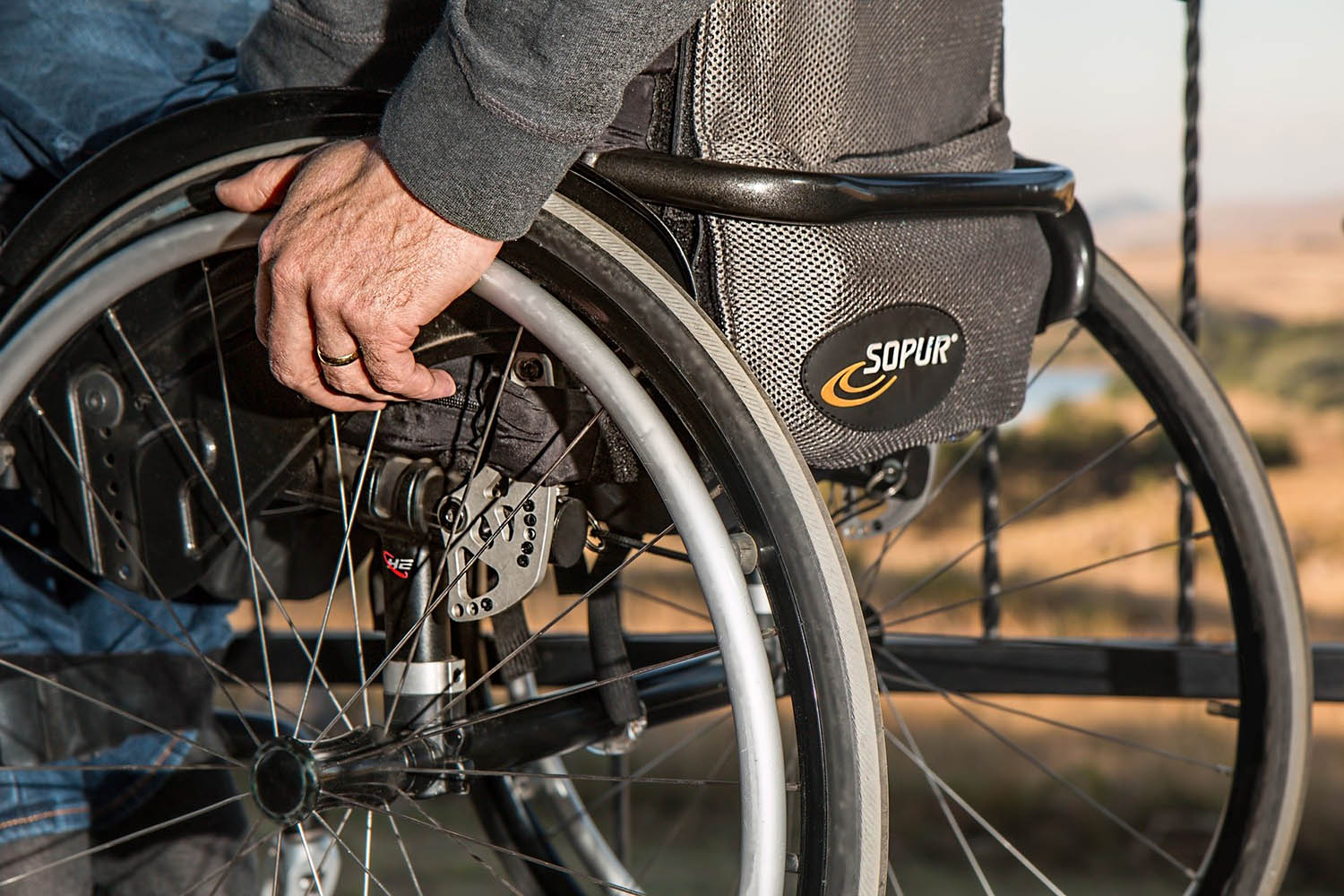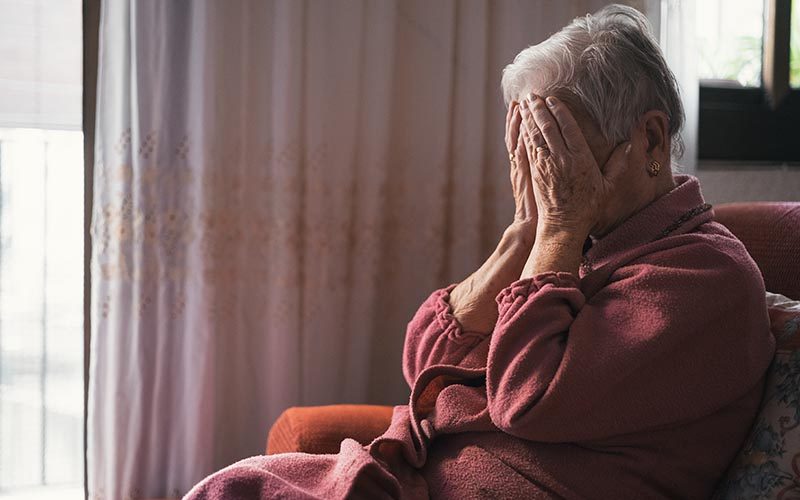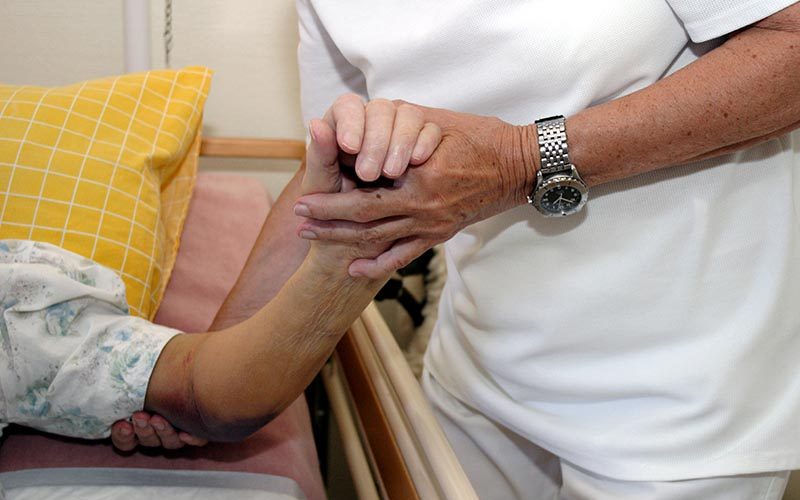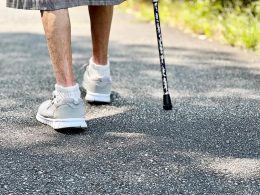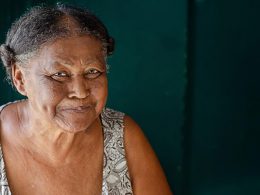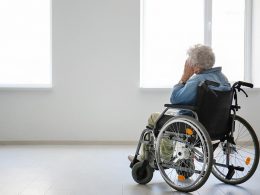Among the 54.1 million people aged 65 and older estimated today, over 4 million suffer abuse each year. That said, victims of nursing home injuries, abuse, or neglect can file a lawsuit against care facilities. Pursuing legal action can give you financial compensation for damages caused by the abuse.
In this article, we will cover all the information you need to get justice for your loved ones’ nursing home accidents.
If your loved one has suffered nursing home injuries, you may need to take some form of action.
What Type Of Home Care Accident Occurs Most Frequently In Long-Term Care Facilities?
Nursing home injuries are so common in the United States. Even though some of these injuries are mere accidents, most nursing home incidents are a result of lack of proper care or abuse on the side of the care facilities or staff members.
Here is the list of the most common nursing home accidents in care homes.
BED RAIL INJURIES
The most common injuries in nursing homes are associated with bed rails. Accidents like this could result in breathing issues, bruising, suffocation, cardiac arrest, or worse, death.
Bed rails have been responsible for a lot death of nursing home residents for the past 73 years. Hence, the importance of ensuring that the mattress fit well to prevent further injury cannot be overemphasized.
One example of an injury resulting from a bed rail accident is concussion. Typically, a single concussion affects memory balance, vision, or concentration in a small way. On the other hand, multiple concussions over a long time affect brain function. Concussions in older adults might take long periods improve.
Older adults that sustain a concussion are at high risk of developing dementia. A good reason to always have a doctor examine residents after a fall.
SPINAL INJURIES
Some residents in nursing homes need assistance moving from place to place. Failure of caregivers to assist them when in need can force them to try to help themselves. So when nursing home residents fall into injuries, care facilities stand to bear the responsibility.
FALLS AND FRACTURES
Some nursing home residents suffer falls and fractures. These are by far the most common types of injuries in the care home. Because elderly patients have weaker body parts, e.g. limps, they are at high risk of falling and developing neck or hip fractures. These broken bones take much longer to heal.
Falls do not only occur as a result of frail bones. Nursing home residents may also fall because of environmental hazards, poor lighting, high beds, or wet floors. When this is the case it is considered nursing home neglect. With the help of professional medical advice the elderly who suffered broken bones from the fall can take legal action against the nursing home to prevent future falls.
Falls can also indicate the development of other health conditions such as memory or thought problems.
How to Get Justice
If you suspect nursing home injuries sustained by loved ones are caused by intentional neglect or abuse, with the help of an attorney, you can sue the nursing home for abuse. After filing the lawsuit, your lawyer would advise you to either settle out-of-court or continue with a court trial.
Overall, you must know that each option has its pros and cons. For instance, a settlement payment cannot be renegotiated if the damages or injuries of a loved one worsen or if new ones occur. This means your settlement money can not cover the damage caused by the injury.
As for the trial, if your attorneys are well versed in this area, they can assist you in assessing the cost of future medical expenses and file a claim accordingly. Then you will be compensated for damages or injuries sustained if they prove the nursing abuse allegations are true.
Factors To Consider When Deciding Whether To Settle Or Go To Trial
When it comes to seeking justice for your loved one’s nursing home accidents, there are many factors to consider. This could involve assessing the nature, severity, or impact of nursing home accidents to see if it’s worth going to trial or settling outside of court. Of course, the main aim is to be reimbursed with as much money as possible. But there’s more to it than this.
Here is a detailed list of factors to help you when weighing your legal options.
EXPENSES
Typically, the sooner a nursing home case settles, the lower your legal expenses will be. However, trials are likely to cost more money than out-of-court settlements. Depending on the nature or severity of the injuries your attorney can advise you to go for settlements or file a lawsuit if they believe you have a valuable case.
Unlike court trials, litigation expenses such as hiring expert witnesses, and court costs, will increase as the trial proceeds.
THE UNPREDICTABILITY OF A TRIAL
Trials are undoubtedly unpredictable – anything can happen. Chances are, you can secure a higher compensation for damages, but it is not an assurance. Sometimes you don’t even get the cut of the bargain.
Even worse, the jury can exclude crucial evidence or your nursing home eyewitness may become unreliable due to inconsistent testimonies.
Unlike trials, out-of-court settlements are predictable. You and your attorney are subject to reject settlement offers for a better one. Meanwhile, in court trials, you are compelled to accept the jury’s verdict.
Ways to Prove Your Nursing Home Injury Allegations Are True
In this view, here are ways to prove your claim.
COMPILE EVIDENCE FROM THE NURSING HOMES
If you suspect your loved one is suffering from nursing home abuse, make an effort to visit the care facility regularly to gather in-person evidence of abuse.
When you see any sign of abuse such as dirty clothes, stained fabrics, cuts, or bruises. Take photographs, make videos, and gather as many testimonies as possible from residents as evidence. Even more, inquire from your loved ones to rate how well the caregivers treat them.
TALK TO WITNESSES FROM THE NURSING HOME RESIDENTS & GATHER STATEMENTS
Abusive nursing homes are often carefree thus, other abused residents may be willing to attest to their negligence and abuse. Moreover, other residents’ visitors may be delighted to speak about the abuse of their loved ones. This can solidify your complaints of abuse.
OMBUDSMAN COMPLAINTS
Ombudsman programs keep records of complaints against care facilities or specifically, against some staff members. Finding frequent allegations of abuse or neglect linked to nursing homes or their staff member who have a history of poor quality or sub-standard care.
INSPECTION AND LICENSE CHECKS
With the help of an attorney, you extract records of past inspections and licenses of care facilities. Past state inspections can serve as evidence that the facility is known for violating state provisions. Pulling these records may help you build a strong case.
REVIEW MEDICAL RECORDS
Nursing staffs document daily visits to a resident. During every visit, they take a record of their complaints, vitals, nutritional intake, and so on. If your loved ones’ health declined due to poor medical care, retrieve and screen their medical records.
But if you have challenges understanding the medical jargon, hire an attorney and a medical expert to look for deficiencies and indications of professional malpractice.
GET LEGAL HELP
Contact legal authorities such as the police and Adult Protective Services (APS). These authorities will help your loved ones get the justice they deserve. Then consider getting an experienced attorney to file a lawsuit for the abuse of your loved one.
The Legal Procedure for Nursing Home Abuse Claims
Nursing home abuse lawsuits are the legal action taken against a nursing home or its staff members over the abuse of a resident. But you see, if you are new to the legal process, pursuing a lawsuit can be difficult. Even when nursing home incidents of abuse seem true, proving a case that will result in a fair settlement is not easy. It takes a lot of investigation, time, and planning to complete
However, here are the steps to filling nursing home abuse claims:
FILING
This is where your attorney gathers the necessary information about the nursing home abuse case. Information such as medical records, facility records, billing records, and so on. Then consults a doctor or medical expert to examine the collected data to see if there are mistakes, who was responsible for the error, and if any injuries were caused as a result of these mistakes. The results of the assessment will determine if the lawsuit should be filed or not.
DISCOVERY
The discovery stage is where the plaintiffs (you) and the defendants (care facility) to exchanges information and gather evidence from each side. This process allows each party to gather reports, documents, witness statements, and testimonies from medical experts.
SETTLEMENT
Here, both parties usually meet to negotiate and settle the case before going to trial. Settlement offers the best possible results because of the unpredictable nature of court trials.
It begins with the plaintiff making a demand to the defendant to solve the case. After which the defendant can choose to ignore the demand or propose a different monetary amount as compensation. If a settlement is reached, the lawsuit will end. Otherwise, the case continues.
TRIAL
A lawsuit only goes to trial if both parties failed to settle out of court. Here, each party will have an opportunity to present their case and evidence before the judge or jury. Depending on the complexity of the case, a court trial could take up to months if not weeks before the final verdict is made.
APPEAL
Rarely do nursing home abuse cases end with trials. The plaintiff or defendant may decide to appeal the judgment if they feel unsatisfied – with legal backing. The appeal court will review each party’s evidence and then give their opinion which could be in support, or against the previous trial.
Conclusion
Filing a nursing home injury lawsuit can be very complex. Especially if it’s your first time. Consulting an expert nursing home lawyer will take the legal burdens off you. Regardless of the severity of the injury, your attorney will advise you on what next to do to secure justice for the damages caused by nursing home abuse.
Seeking justice for your loved ones facing abuse in nursing homes does not only bring personal satisfaction. it will spur care facilities to care for more residents and take their welfare and safety as a priority. And even more, take disciplinary actions against abusive staff members.




